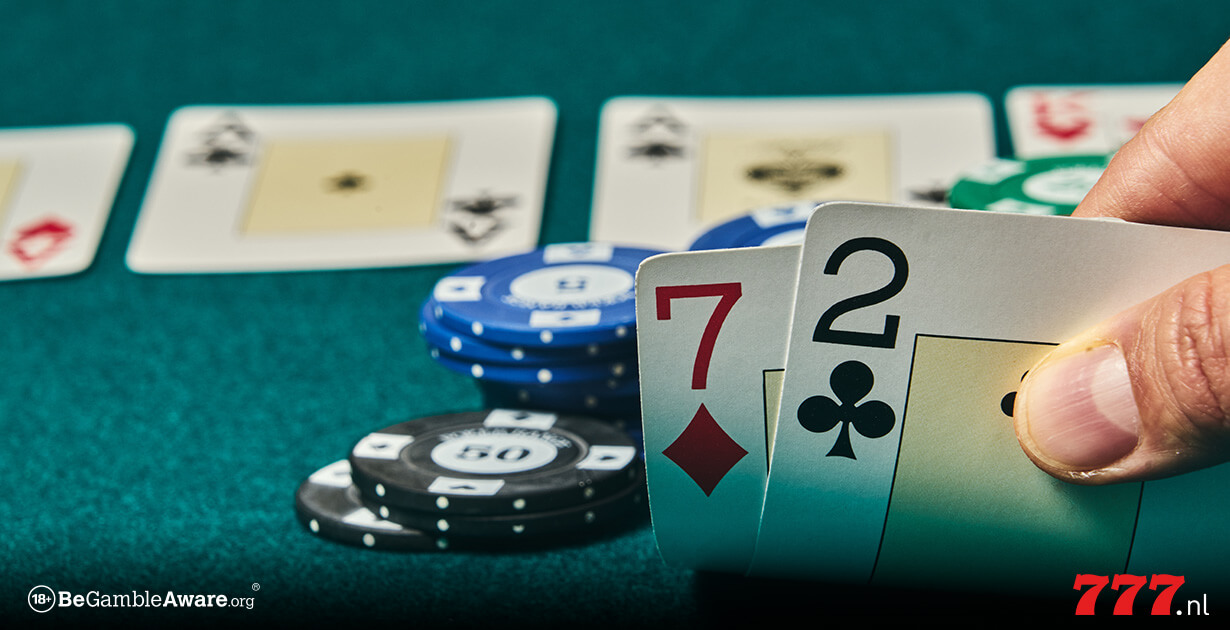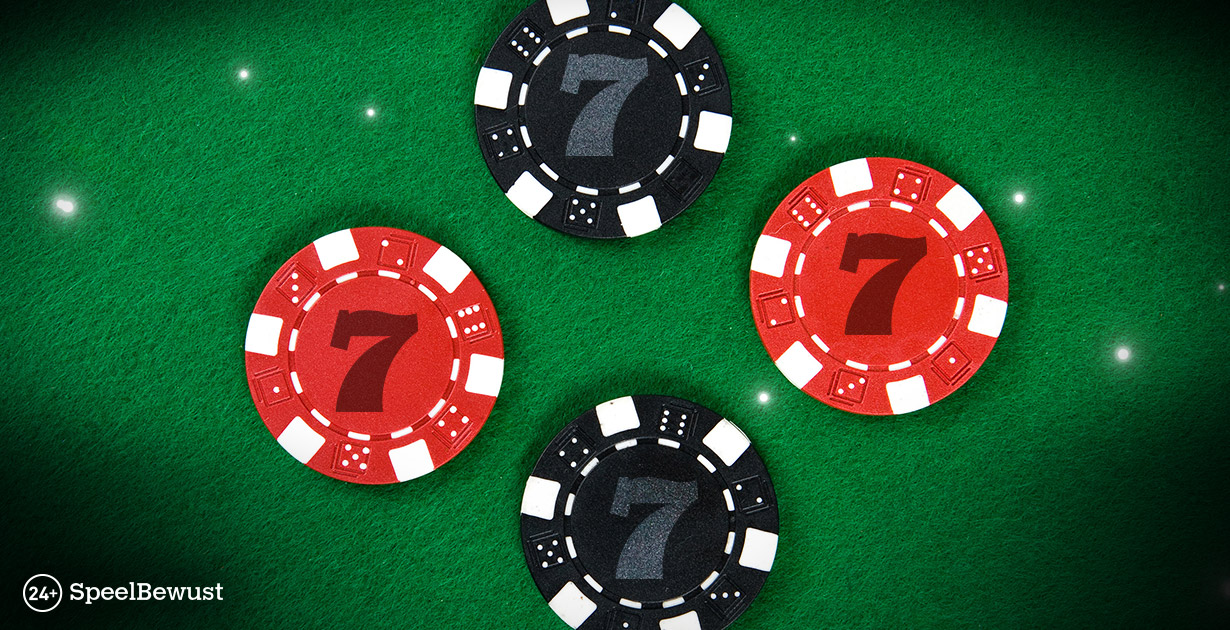Online poker is an exciting game that requires both patience and strategic insight. One of the most important skills any player must master is knowing when to fold. Many players find it difficult to let go of a bad hand, hoping that the next card will still win them the pot. However, the key to success in poker, both online and offline, is not only knowing when to play but, more importantly, when to fold. This article provides an in-depth look at strategies that can help you make this crucial decision.
What Does Folding Actually Mean?
Before delving into the strategies, it’s important to understand what folding actually means. When you fold, you give up your cards and are out of the hand. This means you have no chance of winning the pot, but you also avoid further losses. In online poker, this is an essential skill, as playing every hand can quickly deplete your bankroll. It’s important to recognise that folding is not a sign of weakness, but rather a wise decision that can protect you from unnecessary losses.
The Importance of Table Position
Your position at the poker table is crucial when deciding whether to fold. In an early position, it’s often wise to play conservatively and fold more frequently because you don’t know what the other players will do. In a late position, you have the advantage of observing the actions of others, allowing you to better assess whether your hand is strong enough to continue or if folding is the better option. In online poker, where multiple tables are often played simultaneously, it’s even more important to constantly monitor your position to succeed.
The Number of Players and Variations in Poker Games
The number of players at the table plays a significant role in your decision to fold. With more opponents, the likelihood increases that someone has a better hand, meaning you need to be more selective about which hands you play. With fewer players, you can play more aggressively, as the chances of someone holding a strong hand are lower. In Texas Hold’em and Omaha, the number of players impacts the strategy; in full-ring games (9-10 players), folding is often the wiser choice, whereas in short-handed games (6 or fewer players), aggression is more frequently rewarded. Each poker variant requires a unique approach to folding. In Texas Hold’em, decisions are made quickly based on your cards and the actions of others, while Omaha often results in more folding due to the four hole cards. In games like Seven Card Stud and Razz, folding decisions are based on your opponents’ visible cards, making it crucial to keep track of cards already played.
Can You Fold Too Much?
While folding is often a wise choice, folding too frequently can make you predictable to opponents, making them more likely to bluff against you. Sometimes it’s better to take a risk and play a hand, especially in a late position or when there are few opponents. Additionally, you shouldn’t fold too quickly when you’ve already invested a significant amount of chips in the pot, due to the concept of pot odds. If the likelihood of winning the pot is high enough in relation to the money already in the pot, calling may be a smarter option than folding.
The Psychological Aspect of Folding
Beyond the mathematics and strategy involved in poker, psychology also plays a key role. Many players struggle with the idea of folding because they feel it makes them look “weak”. This can lead to poor decisions, where they hold onto hands they should have given up. It’s important to understand that folding can be a powerful weapon in your arsenal. By patiently waiting for better opportunities, you increase your chances of being profitable in the long term.
Moreover, using folding as part of your strategy can shape how your opponents perceive you. If you’re known as a tight player who folds frequently, you can use that reputation to pull off a successful bluff later in the game.
Conclusion: When Should You Fold?
There is no fixed rule for when to fold, as this depends on various factors such as your position, the number of players at the table, and the variant of poker you are playing. However, it’s crucial to understand that folding is not a sign of weakness, but a strategic decision that can protect your bankroll and improve your long-term chances of success. Online poker requires not only technical insight but also psychological resilience to know when to let go of a hand.
By understanding when to fold, you can become a more disciplined player and better manage the variables of the game. So, the next time you’re at an online poker table, remember: knowing when to fold is just as important as knowing when to bet.
Frequently Asked Questions About Folding in Poker
What does folding in poker mean?
Folding means giving up your cards and no longer participating in the current hand. You typically fold when you believe your hand isn’t strong enough to win. While folding prevents further losses, it also eliminates the chance of winning the pot.
When should I fold in Texas Hold’em?
In Texas Hold’em, it’s wise to fold if you have a weak hand and the chances of winning are low. Additionally, consider your position at the table: in early positions, it’s often better to fold quickly as you don’t know how the other players will act.
Does the number of players at the table affect my decision to fold?
Yes, the number of players at the table plays a major role. With more opponents, the odds are higher that someone holds a strong hand, requiring you to be more selective. With fewer players, you can afford to be more aggressive, as there’s a lower chance someone has a better hand.
Is it possible to fold too often?
Yes, folding too frequently can make you predictable to your opponents. If you become known as a player who folds easily, others may try to bluff you more. Sometimes, it’s worth taking a risk and playing a hand, even if it’s weaker, depending on the situation at the table.




